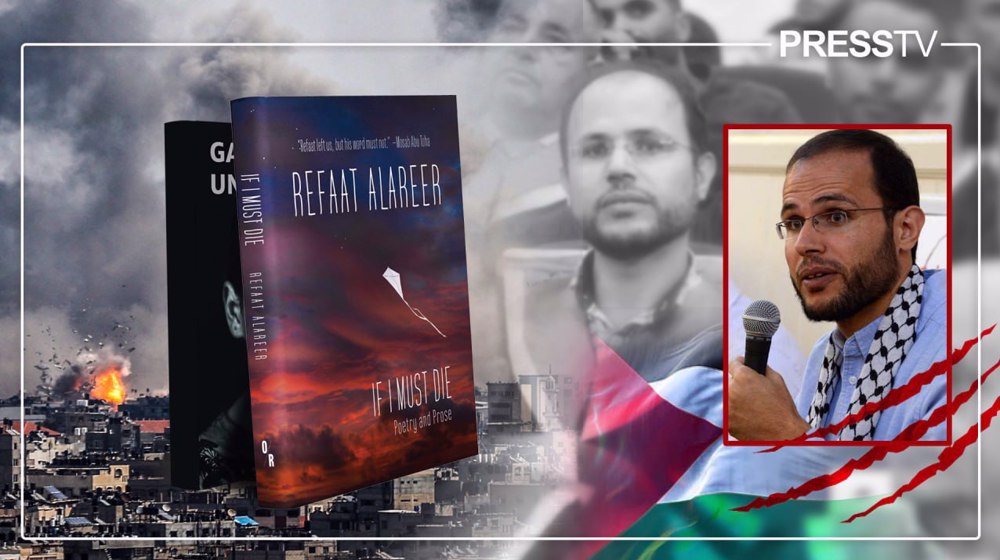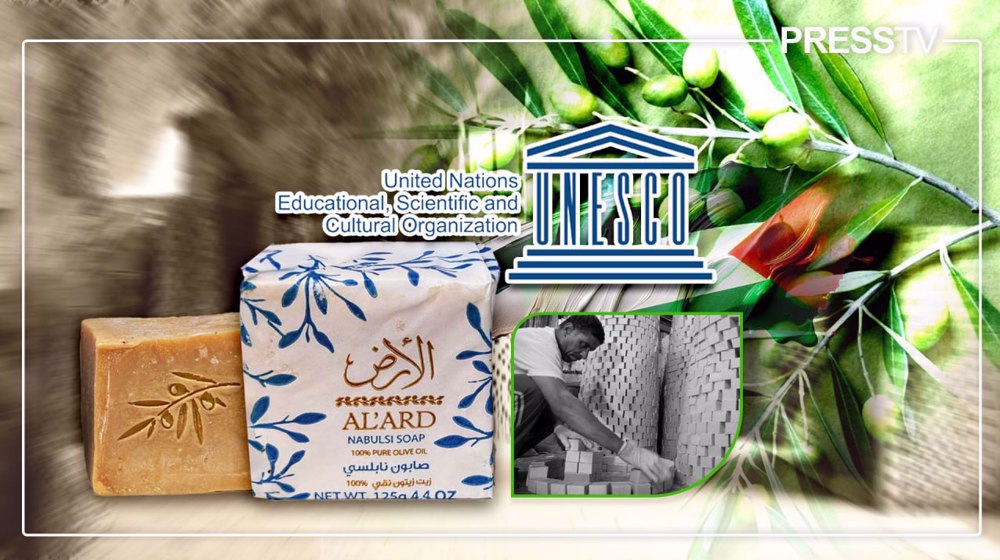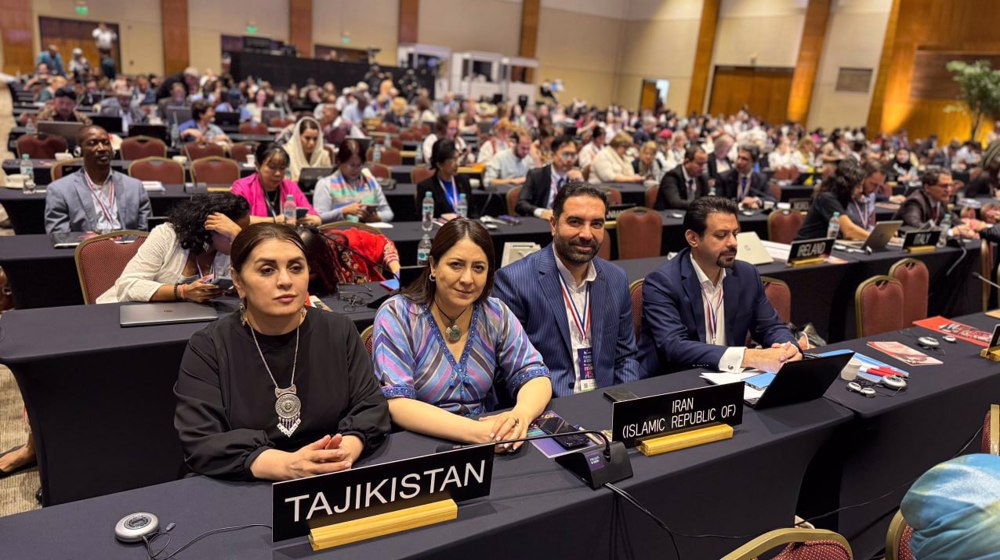Refaat Alareer: Gaza's beloved poet who gave voice to Palestinian pain and resilience
By Humaira Ahad
“Death and war. War and Death. These two are persona non grata, yet we can’t force them to leave. To let us be.”
– Refaat Alareer
On December 6, 2023, Refaat Alareer, the favorite English poet and professor of Gaza, was tragically killed in an Israeli airstrike that flattened his sister’s apartment, also taking the lives of his brother Salah, Salah's son, sister Asmaa, and Asmaa’s three children.
“Does a single Palestinian life matter? Does it? Gaza is not and should not be a priority only when Israel is shedding Palestinian blood en masse," Alareer wrote in 'Light in Gaza: Writings Born of Fire', narrating the ordeal of Palestinians in the besieged strip.
"Gaza, as the epitome of the Palestinian Nakba, is suffocating and being butchered right in front of our eyes and often live on TV or social media. It shall pass, I keep hoping. It shall pass, I keep saying. Sometimes I mean it."
The celebrated Palestinian poet, who was greatly loved and admired both in Palestine and outside, wanted his death to be turned into a story and carried to people, the world, and future generations.
He composed the poem “If I must die”, which has now been immortalized, for his five-year-old daughter Shaimaa during an Israeli assault on Gaza in 2008–2009.
On April 26, Shaimaa was killed along with her husband and their five-month-old baby, when an Israeli airstrike pounded their home in the west of Gaza City.
If I must die,
— Press TV 🔻 (@PressTV) December 8, 2023
let it bring hope
let it be a tale.
This is the last poem written by Palestinian writer Refaat al-Ar’eer, who, along with his family members, was martyred today by the Israeli regime. #GazaGenocide pic.twitter.com/Udj6EVpRIS
If I must die
you must live
to tell my story
to sell my things
to buy a piece of cloth
and some strings,
(make it white with a long tail)
so that a child, somewhere in Gaza
while looking heaven in the eye
awaiting his dad who left in a blaze —
and bid no one farewell
not even to his flesh
not even to himself —
sees the kite, my kite you made, flying up
above
and thinks for a moment an angel is there
bringing back love
If I must die
let it bring hope
let it be a tale
The poem has been translated and recited worldwide in more than 40 languages since Alareer’s tragic death. The poignant verses are seen as an anthem of hope and resistance as Israel continues its genocidal war crimes against Palestinians in Gaza.
Today marks the martyrdom anniversary of Palestinian poet Dr. Refaat Alareer.
— Press TV 🔻 (@PressTV) December 6, 2024
Here is our clip, originally published last year, on the occasion of his martyrdom by Israeli forces. #HumansOfGaza pic.twitter.com/de4ScMZDmX
Palestine is a story away
The 44-year-old Palestinian writer passionately championed the cause of his nation and people and voiced their heart-wrenching stories to the world.
“And as Gaza keeps gasping for life, we struggle for it to pass, we have no choice but to fight back and to tell her stories. For Palestine,” Alareer once wrote.
He had grown up listening to stories of how people in his land were robbed and dispossessed of their rights and felt it was "selfish and treacherous" to not tell the stories to the world.
“If I allowed a story to stop, I would be betraying my legacy, my mother, my grandmother, and my homeland. To me, storytelling is one of the ingredients of Palestinian sumud — steadfastness," Alareer wrote.
"Stories teach life even if the hero suffers or dies at the end. For Palestinians, stories whet the much-needed talent for life."
The Palestinian poet was also one of the founders of “We Are Not Numbers” (WANN), a non-profit organization launched in Gaza after the Israeli regime’s 2014 aggression.
For Alareer, WANN was a way of resisting the idea of reducing Palestinian lives to cold statistics. He believed that all those killed by the Israeli regime should not be consigned to oblivion and their stories must be told.
“Telling stories was my way of resisting. It was all I could do. And it was then [in the aftermath of Israeli attacks on Gaza in 2008-9] that I decided if I lived, I would dedicate much of my life to telling the stories of Palestine, empowering Palestinian narratives, and nurturing younger voices,” he wrote in his book, 'Light in Gaza: Writings Born of Fire'.
Alareer's students and colleagues were aware of his desire to take the Palestinian story to the world. They also played a role in helping him to fulfill this wish.
“Refaat expressed his desire to share his own story. He titled his chapter, “Gaza Asks: When Shall this Pass?” In it, he detailed how growing up, people in Gaza would reassure each other with the phrase, “This shall pass” during times of tragedy, loss, or hardship," writes Jehad Abusalim, executive director of Palestine Center.
"Refaat, however, witnessing the despair of his brilliant students, friends, and neighbors amid poverty and unemployment, transformed this line of reassurance into a question posed to the outside world."
Bernadette Andrea, an author and professor of literary and cultural studies in the Department of English at the University of California, writes, “Through his edited collections, Gaza Writes Back: Short Stories from Young Writers in Gaza, Palestine (Just World Books, 2014) and Gaza Unsilenced (Just World Books, 2015), he sought to cultivate the voices of Palestinian youth as essential to this collective project of memory.”
Alareer was a world and comparative literature professor and would also teach creative writing at the Islamic University of Gaza.
“For him, teaching and learning English presented an opportunity to break through the physical, intellectual, academic, and cultural barriers imposed by the occupation. He viewed English as an act of resistance and defiance,” Abusalim, who attended a one-year English language program under Al Araeer’s mentorship, wrote in an article.
The Palestinian professor’s classes were a treat for his students. He would employ new methods to make the sessions engaging.
“Literature provokes more questions than answers,” he would say. “I won’t give you answers; you have to do that for yourself. It’s magical how a loaded, two-hour class feels like a minute when the lecturer is teaching that way,” Alia Kassab wrote in an article for Al-Jazeera.
Alareer’s students remember him as a different person in the class, unlike the formal man behind the university podium.
“He was open and friendly with all his students. He taught us everything he knew about literature, writing, and translation,” Kassab added.
Hope, Dreams, and Gratitude: Press TV's @AbubakerAbedW reports from Refaat al-Areer Camp in Gaza's Deir al-Balah, where children and adults share one hope: to return to their homes in the north. pic.twitter.com/92p9RrTi48
— Press TV 🔻 (@PressTV) November 30, 2024
The resilient professor
Notwithstanding massive losses, including the killing of his brother Mohammad in 2014 when Israel destroyed their family home, Alareer did not allow that to dampen his spirit and continued on the path he had charter for himself.
He dedicated his PhD dissertation, “Unframing John Donne’s Transgressive Poetics in Light of Bakhtin’s Dialogic Theories” to his slain brother Muhammad.
Alareer co-edited 'Gaza Unsilenced' and edited 'Gaza Writes Back: Short Stories from Young Writers in Gaza, Palestine'. He also contributed as a writer for 'Light in Gaza: Writings Born of Fire'.
Just two days before his death, Alareer penned a heartfelt tribute to the Palestinian resistance against the Zionist occupation.
"More horrific Israeli bombardments…We could die this dawn. I wish I were a freedom fighter so I die fighting back those invading Israeli genocidal maniacs invading my neighborhood and my city," he wrote.
Alareer also expressed his strong desire to resist the Israeli occupation in an interview days before his life was brutally cut short.
“I am an academic. Probably the toughest thing I have at home is an expo marker. But if the Israelis invade and barge at us, charge at us, open door-to-door to massacre us, I am going to use that marker to throw it at Israeli soldiers even if that is the last thing that I would be able to do," he wrote.
Gaza-based poet, Mosab Abu Toha, wrote a beautiful tribute to his friend.
“I don’t know how Refaat died, whether he was reading a John Donne poem or editing a poem of his own. I don’t know what became of his body after the bombing of his house, whether his glasses got smashed, whether his soft fingers were clinging to a pen or a flower he asked the world community to send to Gaza," he wrote.
"Even after a year, Abu Toha is unable to come to terms with Al Araeer’s killing, I still foolishly hope that Refaat will come back to see a peaceful world for Palestinians, an end to the blockade and occupation, and a ceasefire that could bring water and food to the starving and bleeding children and mothers.”
Press TV’s website can also be accessed at the following alternate addresses:







 This makes it easy to access the Press TV website
This makes it easy to access the Press TV website